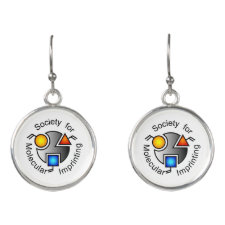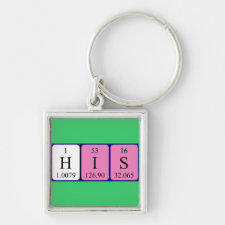
Authors: Zhao WF, Fang BH, Li N, Nie SQ, Wei Q, Zhao CS
Article Title: Fabrication of pH-responsive molecularly imprinted polyethersulfone particles for bisphenol-A uptake.
Publication date: 2009
Journal: Journal of Applied Polymer Science
Volume: 113
Issue: (2)
Page numbers: 916-921.
DOI: 10.1002/app.30014
Abstract: pH-responsive molecularly imprinted particles were successfully fabricated by pore-filling poly (acrylic acid) (PAA) gels into bisphenol-A (BPA)-imprinted polyethersulfone particles. The adsorbed BPA amount (or rate) decreased after filling the PAA gels both for the imprinted and nonimprinted particles. However, it was confirmed that changing the acidity of the solution reversibly controls the rebinding ability toward BPA and that the BPA uptake of the pore-filled particles exhibited chemical valve behavior at a pH between 3 and 6. This finding can be attributed to the swelling of the PAA gels in the particles. The present methodology provides a simple way to prepare pH-responsive molecularly imprinted materials and is expandable to the imprinting of other hydrophobic molecules, such as dibenzofuran. Also, the results of this work demonstrate the potential of stimuli-responsive molecularly imprinted polymer materials as smart chemicals and as drug-delivery systems. © 2009 Wiley Periodicals, Inc. J Appl Polym Sci, 2009
Template and target information: bisphenol-A, BPA
Author keywords: pH-responsive, molecularly imprinted particle, Polyethersulfone, bisphenol-A adsorption



Join the Society for Molecular Imprinting

New items RSS feed
Sign-up for e-mail updates:
Choose between receiving an occasional newsletter or more frequent e-mail alerts.
Click here to go to the sign-up page.
Is your name elemental or peptidic? Enter your name and find out by clicking either of the buttons below!
Other products you may like:
 MIPdatabase
MIPdatabase









